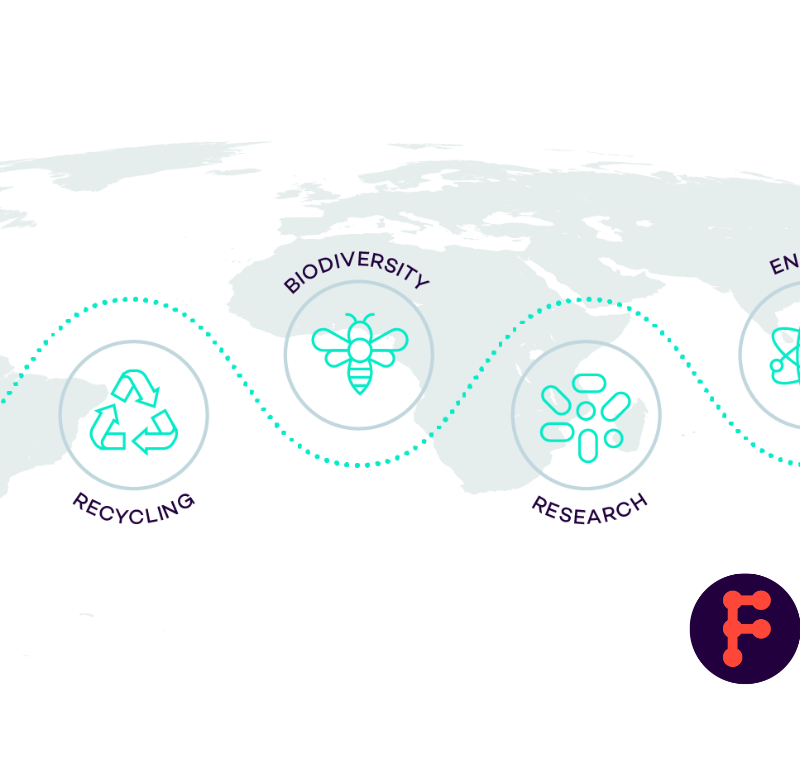From reach to monetisation: Axel Springer on its global investment strategy
Why is Axel Springer, originally a German company, targeting the US market? (0:03)
There are various reasons why to target the US market and we have kind of defined it with six core reasons: One certainly being the language itself. If you take the English language it’s spoken by more than a billion people worldwide – compare that to the German language you have around a hundred million people. And for digital content offerings it’s important that you understand that the language is a prerequisite, so you have a technical reach of people understanding the language. With the German language we have a limit with 100 million. With the English based languages it’s more than a billion, and that makes it of course very attractive. I mean, if you consider you’re producing content at about the same cost level, but about 1o times more reach, then it makes it also from an economical standpoint very interesting.
Have you gradually been increasing your investments in the US? (0:59)
There was a lot of coverage when we went into Business Insider end of last year, but we have been engaged also on the investment side since 2012 in the US. We started way earlier building networks around 2006. First investment in 2012 was with Airbnb actually. We took a small share, but then got appetite, and from then on it kind of two folded whereby we’d do fund investments and minority investments. And kind of the third phase we started in 2015, we did our first majority acquisition and that was with Business Insider.
Does this investment strategy work better than building a new brand from scratch? (1:39)
Building new brands in the US market from scratch, coming from Germany, there’s a very high risk of burning money. Especially if you take the segments. They are already quite developed, and that’s a similar approach we have taken in Germany where we said ok, let’s rather invest and build from there on where we have a basis, and that has worked very well for us in Germany. And we see it already now with the rising stars we have invested in. And this is basically an approach that has worked well in Germany, which we are duplicating now for the US.
And do you rule out entirely the ‘starting from scratch’ option? (2:26)
We also have done organic investment that has started from scratch, but we have a principal with our company where we say either when we go abroad we are already strongly present in that country, or we have a business model that we export. So we have examples in Germany where we are majority investors and it has worked very well – that’s an example where we have now exported it and started from started from scratch under the brand of retail. But there were different prerequisites there – we know the business model and how it works, and were able to produce network effects also from the German activities.
Finally, how do you measure the success of your new ventures? (3:12)
It depends strongly on what phase the company is in. If it’s in the very early stages then it’s all about reach…. About reach, relevance, and gaining momentum there. And then later comes the monetisation phase. But first it’s all about reach and relevance. You can see it also with Business Insider, now with 100 million uniques, they have reached a level now where you can now say ok let’s focus more on monetisation for the core product, businessinsider.com. But then again you have new offerings like Tech Insider, and there again it’s a new endeavour and they focus more on reach.
Axel Springer is a member of FIPP.
More like this
Axel Springer’s Bild is testing news delivery via Facebook Messenger
Axel Springer’s head of data innovation on FB Instant Articles, ad-blocking and more







